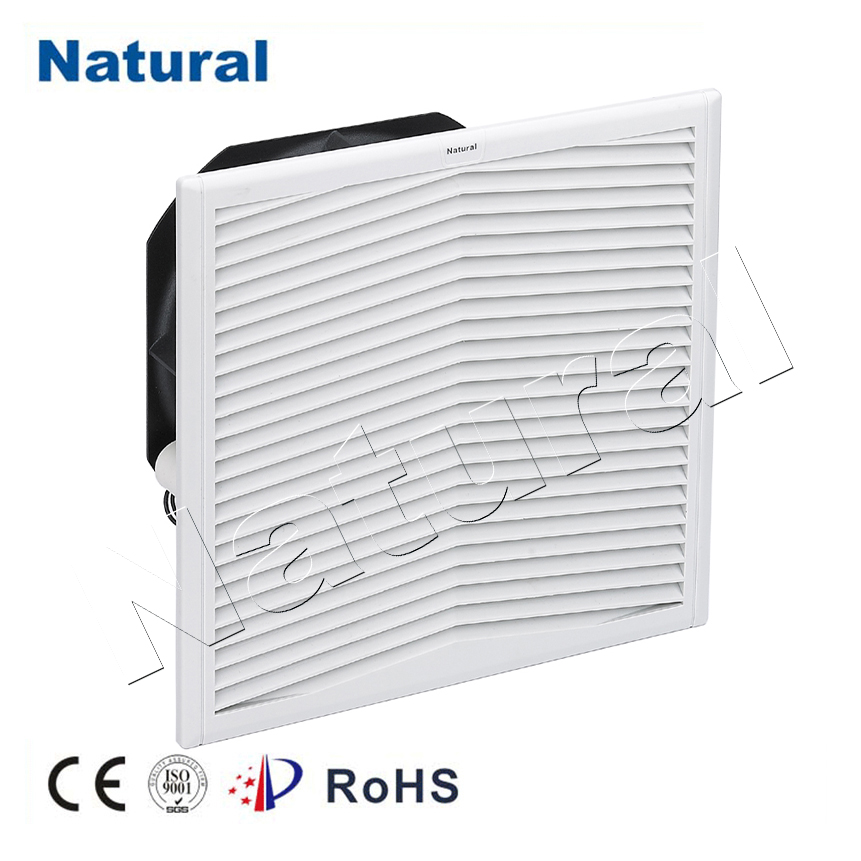Panel filters are an integral component of various systems and equipment, playing a crucial role in maintaining air quality, enhancing performance, and ensuring the longevity of machinery. In this article, we will delve into the world of panel filters, exploring their significance, diverse applications, and key considerations for selection and maintenance.

Introduction Panel filters, also known as flat filters, are devices used to remove particulate matter and contaminants from the air. They consist of a flat or pleated sheet of filter media enclosed within a frame, typically made of cardboard, metal, or plastic. Panel filters are commonly employed in HVAC (Heating, Ventilation, and Air Conditioning) systems, industrial processes, and various equipment to improve air quality and prevent damage caused by airborne particles. Importance of Panel Filters Air Quality Improvement: One of the primary functions of panel filters is to enhance indoor air quality. They capture dust, pollen, pet dander, and other airborne particles, preventing them from circulating through indoor spaces. This is especially important in residential and commercial buildings, where clean air contributes to a healthier environment and increased comfort. Equipment Protection: In industrial settings, panel filters are essential for safeguarding machinery and equipment. Airborne contaminants can accumulate on sensitive components, causing premature wear and reduced efficiency. By trapping these particles, panel filters help prolong the lifespan of expensive equipment. Energy Efficiency: Clogged or inefficient filters can lead to decreased airflow, resulting in higher energy consumption and reduced system performance. Regularly maintained panel filters ensure that HVAC systems operate at peak efficiency, reducing energy bills and minimizing the environmental footprint. Applications of Panel Filters HVAC Systems: Panel filters are a fundamental component of HVAC systems, ensuring that the air circulated throughout buildings is clean and free of contaminants. They are commonly found in residential air conditioning units, commercial rooftop HVAC systems, and even large-scale industrial HVAC systems. Industrial Processes: Manufacturing facilities, laboratories, and cleanrooms rely on panel filters to maintain controlled environments. These filters help prevent the introduction of contaminants into sensitive processes and protect valuable products from contamination. Automotive Industry: In automotive applications, panel filters are used in cabin air filters to provide clean and breathable air to passengers. They are also employed in engine air intake systems, preventing dirt and debris from entering the engine and causing damage. Commercial Kitchens: Commercial kitchens use panel filters in exhaust hoods to capture grease, smoke, and odors, ensuring a safe and clean kitchen environment while complying with safety regulations. Selecting the Right Panel Filter Choosing the appropriate panel filter for a specific application is crucial. Factors to consider include: Efficiency Rating: Filters are rated based on their ability to capture particles of various sizes. The Minimum Efficiency Reporting Value (MERV) is commonly used to assess filter efficiency. Higher MERV ratings indicate better filtration performance. Airflow Capacity: It’s important to select a filter that allows sufficient airflow for the system it serves. A filter with too high a MERV rating might restrict airflow if not properly matched to the system’s specifications. Filter Media: Different filter media are designed to capture specific types of particles, such as allergens, dust, or odors. Choose a filter with media suited to the contaminants present in your environment. Maintenance and Replacement Regular maintenance is essential for panel filters to perform effectively. Depending on the environment and filter type, they should be inspected and replaced according to a schedule. Neglecting filter maintenance can lead to reduced air quality and increased energy consumption. In conclusion, panel filters play a vital role in enhancing air quality, protecting equipment, and improving energy efficiency across various applications. Understanding their importance and selecting the right filter for the job is essential for maintaining clean and healthy environments while optimizing the performance of equipment and systems.